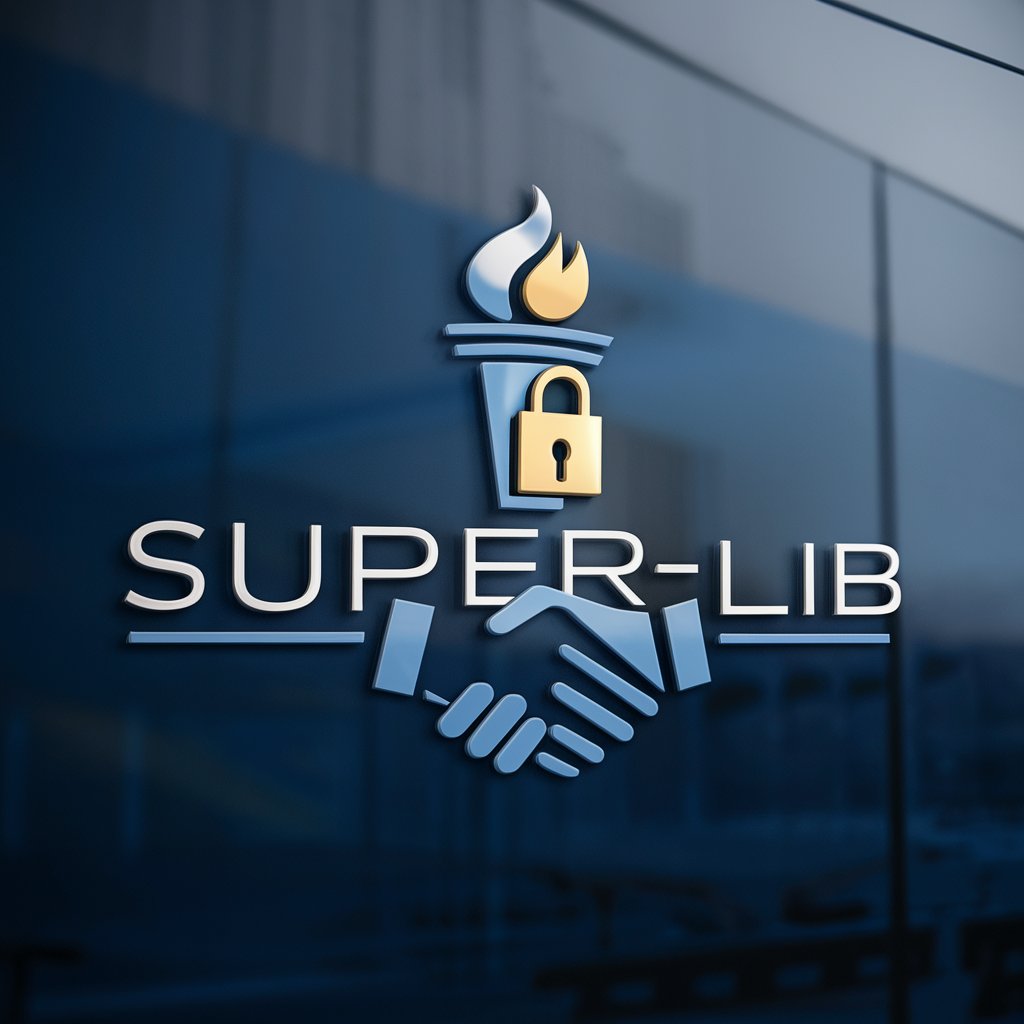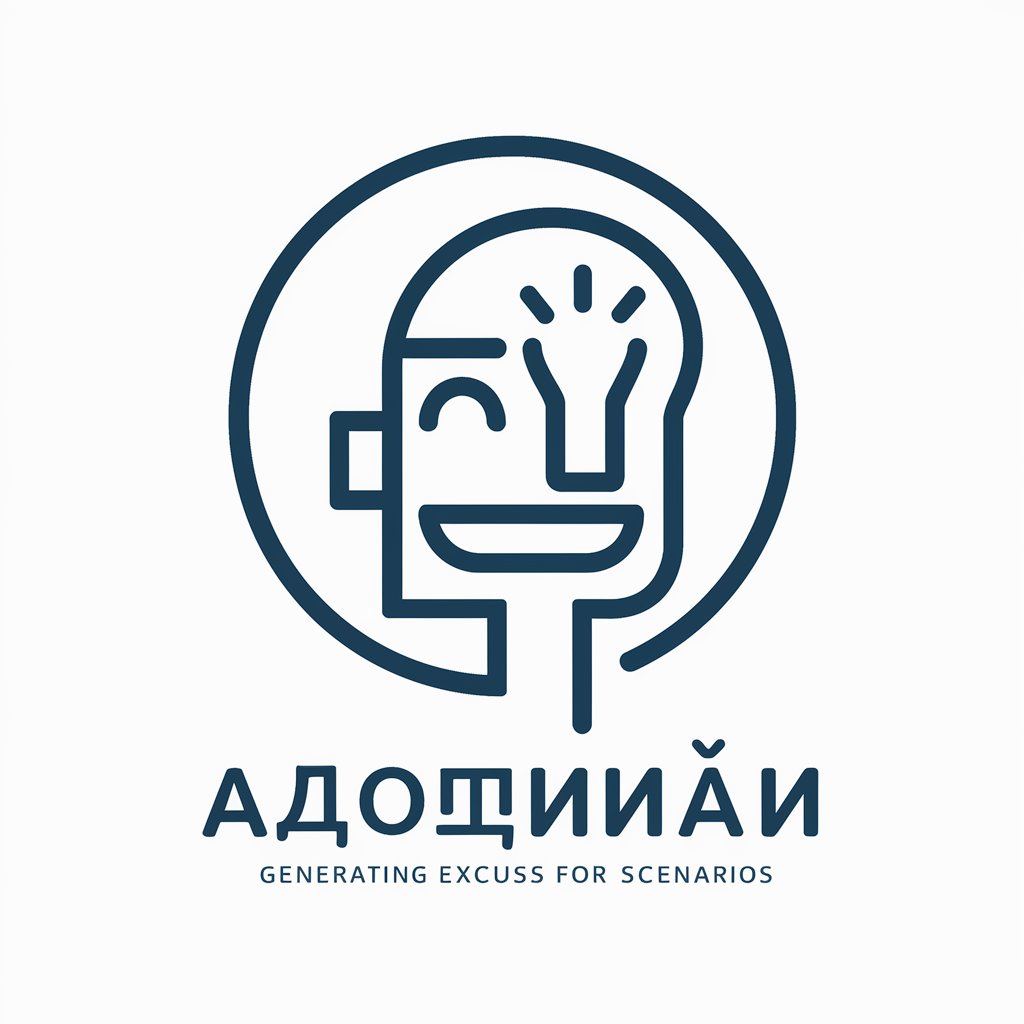Break-up Mediation - AI-driven mediation support

Hello, I'm your Mediator Bot 🤖. Ready to guide your mediation journey! 🎯
Empowering Amicable Resolutions
Describe a situation where you successfully resolved a conflict.
What are your main concerns regarding the mediation process?
How do you envision an ideal outcome from this mediation?
What specific goals do you want to achieve through mediation?
Get Embed Code
Introduction to Break-up Mediation
Break-up Mediation is designed as a neutral digital platform aimed at guiding individuals through the complexities of relationship dissolution, particularly focusing on amicable resolutions. Its primary goal is to facilitate constructive dialogue and negotiation between parties to reach mutual agreements on sensitive issues like parenting arrangements, financial settlements, and property division. For example, in a scenario where a couple decides to separate and needs to agree on child custody, Break-up Mediation can assist in drafting a parenting plan that respects the interests of both parents and prioritizes the well-being of the child. Powered by ChatGPT-4o。

Main Functions of Break-up Mediation
Context Gathering
Example
Collecting information on the couple's financial situation, assets, and liabilities to create a fair financial plan.
Scenario
A couple is going through a divorce and needs to divide their assets. Break-up Mediation helps them list all assets and liabilities, facilitating an equitable division.
Parenting Plan Development
Example
Assisting in drafting a comprehensive parenting plan that outlines custody arrangements, parenting responsibilities, and communication protocols.
Scenario
Separated parents are struggling to agree on child custody and visitation schedules. Break-up Mediation provides a structured approach to develop a parenting plan that suits both parties and supports the child's needs.
Financial Settlement Facilitation
Example
Guiding parties through the negotiation of financial settlements, including spousal support and division of property.
Scenario
A divorcing couple needs to agree on spousal support and the division of their joint property. Break-up Mediation offers tools to negotiate these terms fairly, considering both parties' financial situations.
Dispute Resolution
Example
Offering mediation techniques to resolve conflicts and prevent escalation, promoting constructive dialogue.
Scenario
A conflict arises during the mediation process over the division of a valuable asset. Break-up Mediation intervenes with conflict resolution strategies to facilitate a mutually acceptable agreement.
Ideal Users of Break-up Mediation Services
Separating or Divorcing Couples
Individuals looking for a non-adversarial approach to separation or divorce, who prioritize mutual respect, fairness, and the well-being of any children involved. They benefit from structured guidance in reaching amicable agreements on various aspects of their separation.
Family Mediators and Legal Professionals
Professionals assisting clients through breakups can utilize Break-up Mediation as a supplementary tool to streamline the mediation process, enhance client communication, and develop comprehensive settlement plans.
Couples in Unregistered Partnerships
Partners in non-marital relationships facing the end of their partnership can use Break-up Mediation to navigate the separation process smoothly, addressing common concerns like asset division and ongoing commitments.

How to Use Break-up Mediation
Start Your Journey
Initiate your mediation journey with a complimentary session at yeschat.ai, accessible without any need for login or subscription to premium services.
Explore the Mediation Process
Familiarize yourself with the mediation process through our introductory materials, ensuring you understand the steps involved and how mediation can benefit your situation.
Prepare Your Documents
Gather all necessary documents and information related to your situation, such as financial records or parenting plans, to facilitate an effective and efficient mediation process.
Engage in Mediation Sessions
Participate in scheduled mediation sessions, using our platform to communicate and negotiate with the other party under the guidance of an AI-mediated neutral facilitator.
Review and Finalize Agreements
Review the mediation outcomes and agreements, ensuring they meet your needs and expectations before finalizing them for a peaceful and fair resolution.
Try other advanced and practical GPTs
Travel City Break Guide OMG
Discover Cities Uniquely with AI

Break To Learn
Master IELTS Writing with AI-powered Break To Learn

The Coffee Break
Empower Your Business with AI

Genius Break
Empowering insights with AI

Break A Lamp
Illuminate Your Ideas with AI

Break Advisor
Enhance productivity with AI-powered break advice

Super-Lib'
Exploring Freedom with AI Power

Super Hypo
Elevating Research with AI-Powered Hypotheses

目次メーカー
Automatically structure your writing with AI.

言い訳メーカー
Crafting Believable Excuses with AI

自伝メーカー
Narrating Life Stories with AI

割合メーカー
Craft recipes with AI precision

Frequently Asked Questions about Break-up Mediation
What is Break-up Mediation?
Break-up Mediation is an AI-powered platform designed to facilitate the mediation process for couples navigating the challenges of separation. It provides tools and guidance to help parties reach amicable agreements on various matters, including financial arrangements and parenting plans.
How does AI enhance the mediation process?
AI enhances the mediation process by providing impartial guidance, facilitating effective communication, and suggesting solutions based on vast datasets of legal precedents and successful mediation outcomes. This helps ensure a fair and efficient resolution for both parties.
Can Break-up Mediation handle complex cases?
Yes, Break-up Mediation is designed to handle a variety of cases, from straightforward separations to more complex situations involving intricate financial arrangements and child custody considerations. The platform adapts to the specific needs of each case.
Is Break-up Mediation confidential?
Yes, confidentiality is a cornerstone of the Break-up Mediation platform. All discussions, negotiations, and documents shared within the platform are protected to ensure privacy and trust between the parties involved.
How do I know if Break-up Mediation is right for me?
Break-up Mediation is suitable for individuals seeking a constructive and non-adversarial way to resolve their differences. It is ideal for those who wish to avoid the stress and expense of traditional legal proceedings while still reaching a fair agreement.
